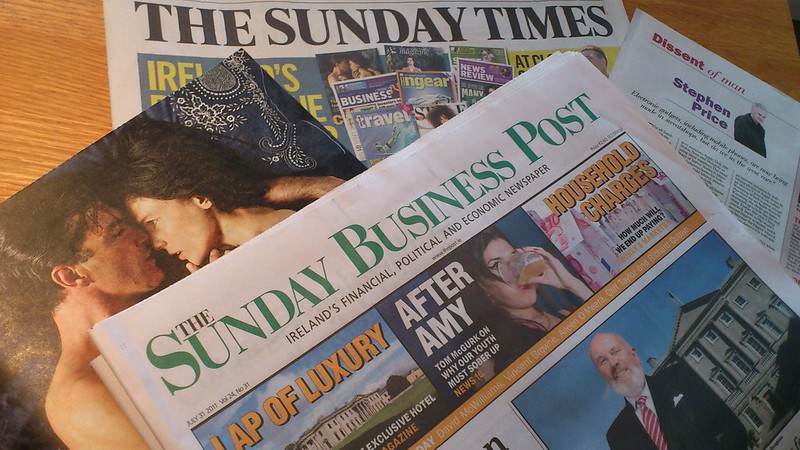
If I told you that Burkina Faso has just seen its second military coup in eight months, would that be a surprise?
Did you know that Finland and Sweden have recently applied to join NATO, as a consequence of Russia’s invasion of Ukraine?
And how about the fact that Egypt and Mexico are both bidding to hold the 2036 Olympics?
Without wishing to throw shade on your global knowledge, I’d be hugely surprised if you knew about all three (or possibly any) of those stories, despite the fact they’re big news for the nations concerned.
And that’s because we all live in news or filter bubbles. Some of those are of our own making and some are constructed without us knowing about it. Continue reading “Do you know what’s going on in the world – and how do you find out?”

